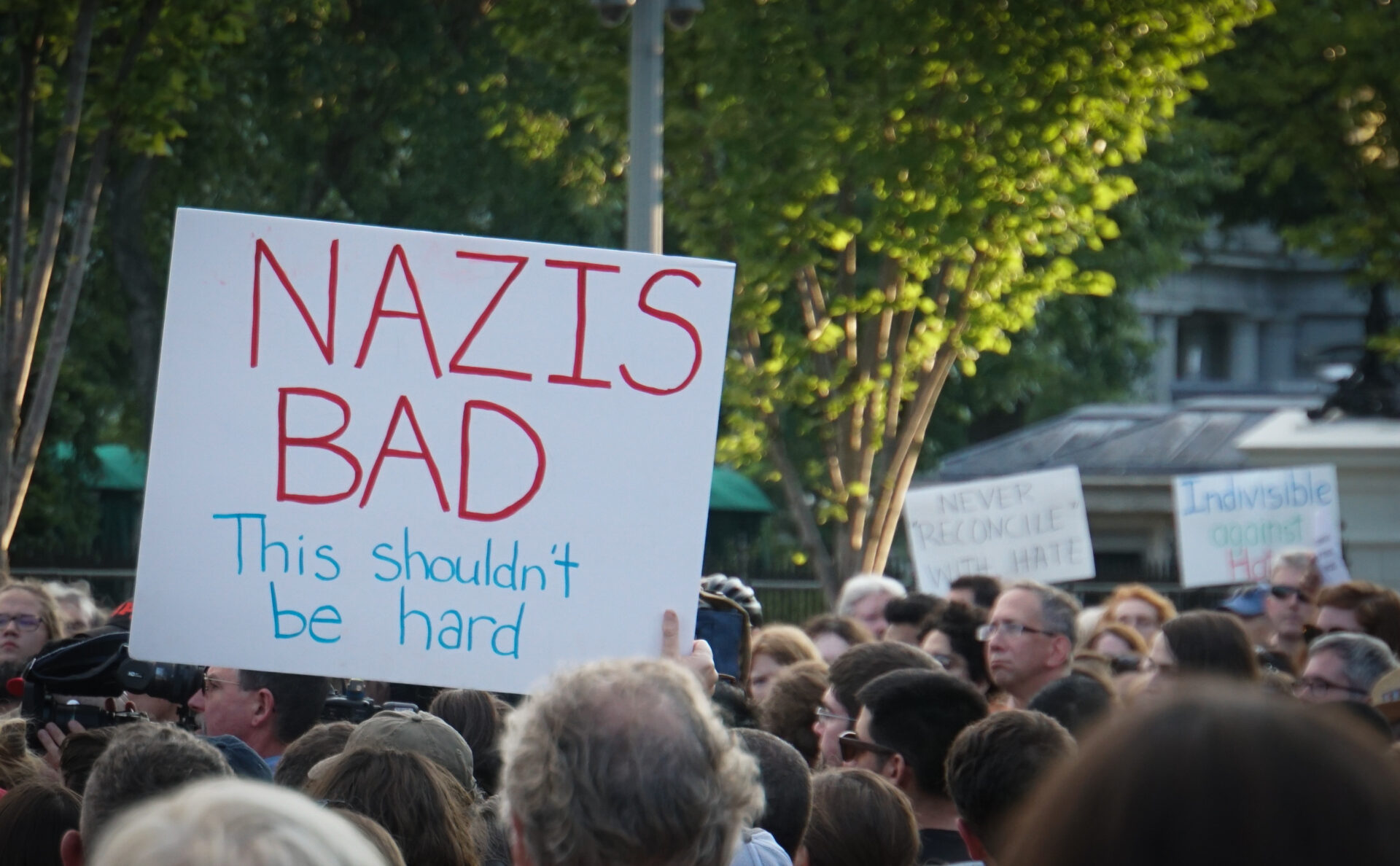The Southern Poverty Law Center (SPLC), an Alabama-based watchdog, recently released its 2024 Year in Hate & Extremism report, documenting 1,371 hate and antigovernment extremist groups operating across the United States, an overall decline of 5% since 2023. The report highlights how these groups have infiltrated politics, influencing local, state, and national policies while targeting marginalized communities through intimidation, disinformation, and violence.
Hard-right groups have used state legislatures and school boards to push book bans, eliminate DEI initiatives, and threaten election workers. White Christian nationalism is on the rise, fueled by false claims of Christian persecution and white genocide. Male supremacist groups have expanded their influence, using social media and podcasts to radicalize young men, the report explained.
Militia movements, many of which were historically anti-government, have reorganized, lobbying for official recognition while training in paramilitary tactics. Far-right conspiracy theories continue to spread, with extremists using Telegram and other online platforms to recruit members, according to the report.
The 2024 Hate Map, included in the report, provides a state-by-state breakdown of extremist organizations, helping communities track and counteract their presence. SPLC President Margaret Huang emphasized the need for collective action, stating, “We cannot surrender to fear. It is up to all of us to organize against the forces of hate and tyranny.”
*
Of the 50 states, Alabama was one of the most active, experiencing a 25% increase in hate and antigovernment extremist groups, according to the report. Alabama has historically been a hotbed for extremist activity, with groups pushing anti-immigrant, anti-LGBTQ, and white nationalist ideologies.
However, the neo-Confederate ideology declined from its high of 121 groups to only four active groups in 2024. Male supremacists are on the rise. The SPLC documented seven new male supremacist groups, bringing the total to 16, though experts believe this is an underestimate.
We cannot surrender to fear.
The SPLC warns that hate groups are becoming more mainstream, embedding their ideology into government policies and public discourse. While the number of hate groups has declined, experts attribute this to their growing influence in politics, rather than a reduction in extremist activity.
In February, for instance, US Defense Secretary Pete Hegseth decreed that Fort Liberty, a military base in North Carolina, return to its prior name of Fort Bragg. The military base’s name had changed as part of a campaign to remove Confederate-linked names from bases in the wake of George Floyd’s murder in 2020. Hegseth has now said Fort Bragg’s namesake is the World War II veteran Roland L. Bragg, rather than the original Confederate namesake, General Braxton Bragg.
“In 2024, many hate and antigovernment groups attacked bedrock anti-discrimination efforts by railing against diversity, equity and inclusion initiatives, or DEI,” according to the SPLC’s Intelligence Project’s Interim Director, Rachel Carrol Rivas. “Some actors used threats of violence, creating chaos that opened the door for political strongmen and authoritarian measures.”




















